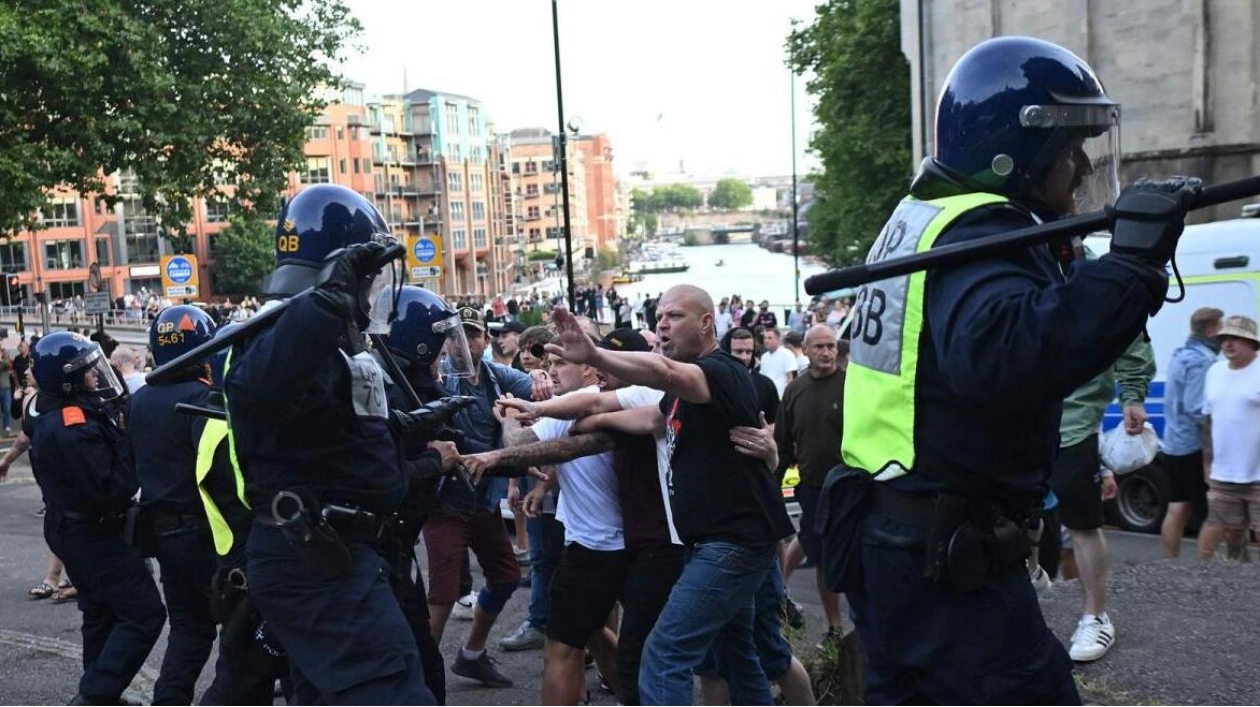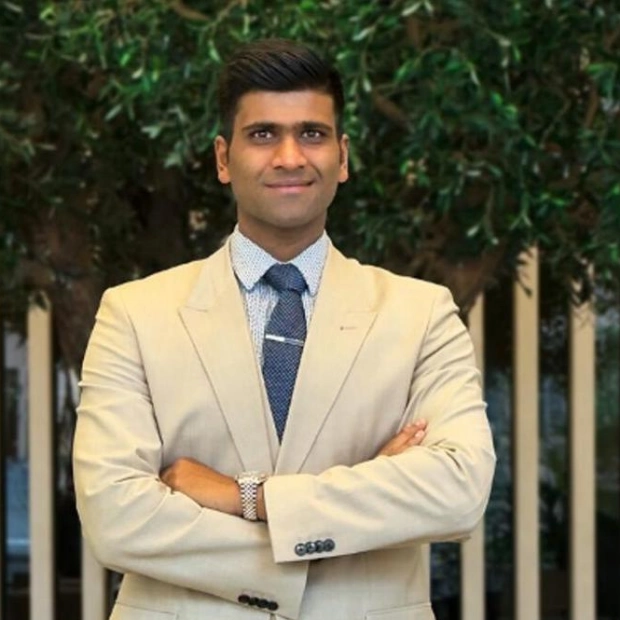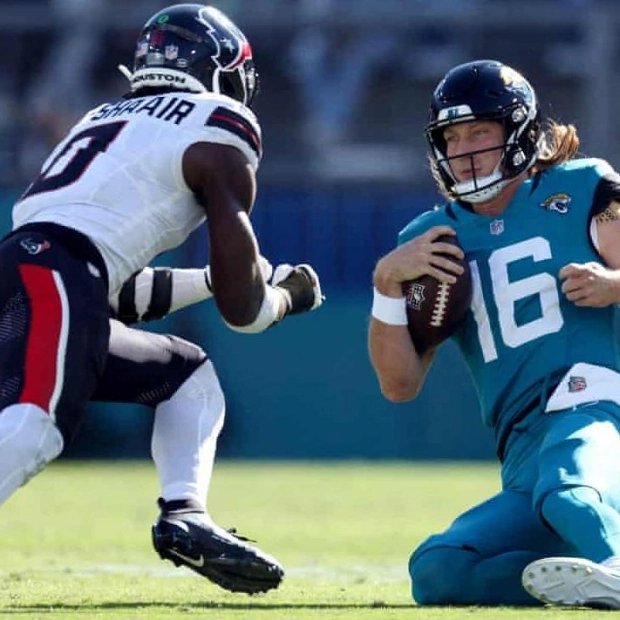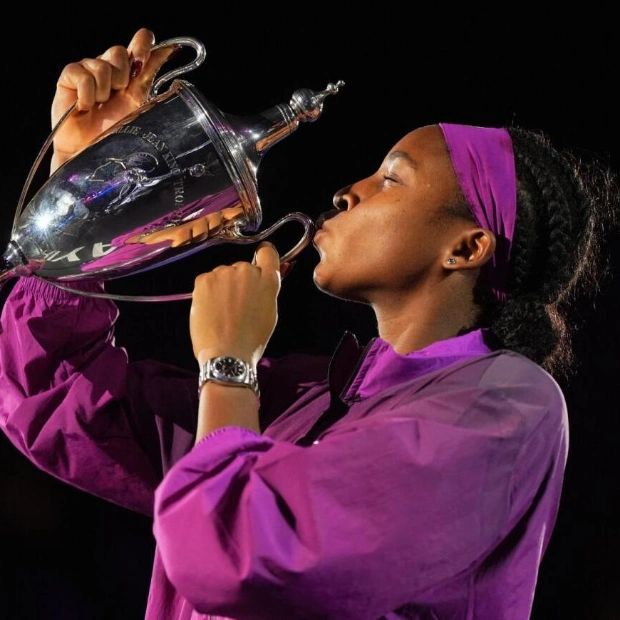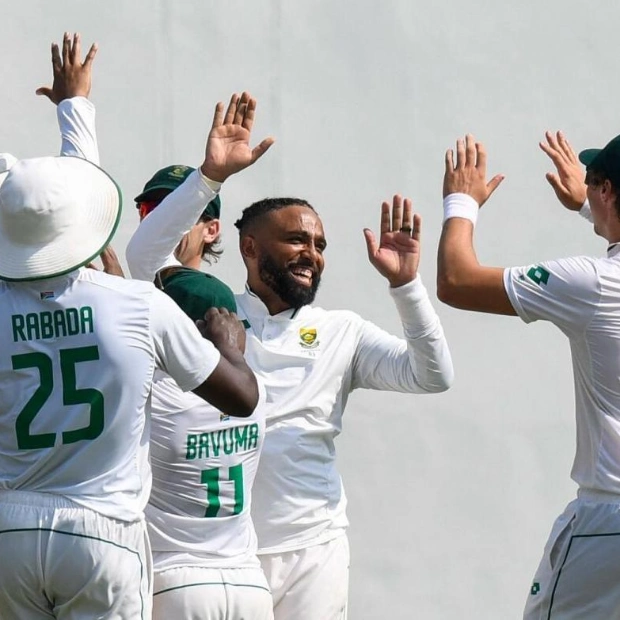UK authorities are under increasing pressure to quell the worst rioting in England for 13 years, following widespread disturbances linked to child murders and instigated by far-right agitators. The unrest, sparked by misinformation surrounding a mass stabbing that claimed the lives of three young girls, has now spread to various towns and cities, with anti-immigration protesters clashing with police.
The escalating violence presents a significant challenge for Prime Minister Keir Starmer, who has been in office for just a month after leading Labour to a decisive victory over the Conservatives. In a recent incident, chaos erupted in Rotherham, South Yorkshire, when masked anti-immigration demonstrators vandalized a hotel housing asylum seekers. Over 90 individuals were arrested following clashes at far-right gatherings in multiple locations, including Liverpool, Manchester, Bristol, Blackpool, Hull, and Belfast.
In some cases, rioters hurled bricks, bottles, and flares at police, resulting in injuries, while also looting and setting fire to shops. Demonstrators also shouted anti-Islamic insults during confrontations with counter-protesters. This level of violence is the most severe seen in England since the summer of 2011, when widespread rioting occurred after the police shooting of a mixed-race man in north London.
The Police Federation of England and Wales' Tiffany Lynch described the situation as trouble 'flooding across major cities and towns'. The government has assured that police have 'all the resources they need' to manage the disorder, with additional officers being deployed to prevent further spread of violence. Policing minister Diana Johnson stated on BBC News that the rioting 'will not be tolerated', and justice minister Shabana Mahmood emphasized the readiness of the justice system to expedite convictions.
The Rotherham disturbance marked the fifth day of clashes, following a knife attack at a Taylor Swift-themed dance party in Southport. The violence has been fueled by false social media rumors about the background of the 17-year-old British-born suspect, Axel Rudakubana, accused of killing three young girls and injuring ten others. Police attribute the violence to supporters and affiliated groups of the English Defence League, an anti-Islam organization with a history of football hooliganism.
Agitators have attacked mosques in Southport and Sunderland, prompting hundreds of Islamic centers to increase security due to safety concerns for worshippers. The rallies, promoted on far-right social media platforms under the slogan 'Enough is enough', feature participants waving English and British flags and chanting anti-migrant slogans. Counter-demonstrations by anti-fascist groups have also taken place in several cities, with peaceful gatherings occurring in some areas, such as Aldershot.
The unrest has been linked to the political rise of anti-immigration factions in British politics, with the Reform UK party, led by Nigel Farage, securing 14 percent of the vote in the recent election. Carla Denyer, co-leader of the left-wing Green party, views the situation as a 'wake-up call' for politicians who have endorsed or succumbed to anti-immigration rhetoric. Prime Minister Starmer has condemned the 'thugs' for exploiting national grief to 'sow hatred' and has introduced new measures to enhance intelligence sharing, expand the use of facial-recognition technology, and impose criminal behaviour orders to limit the mobility of troublemakers.
